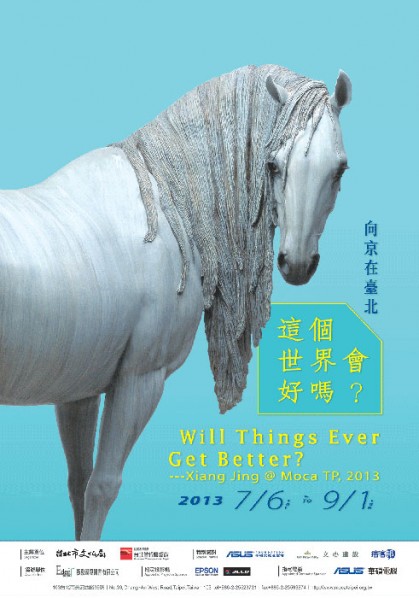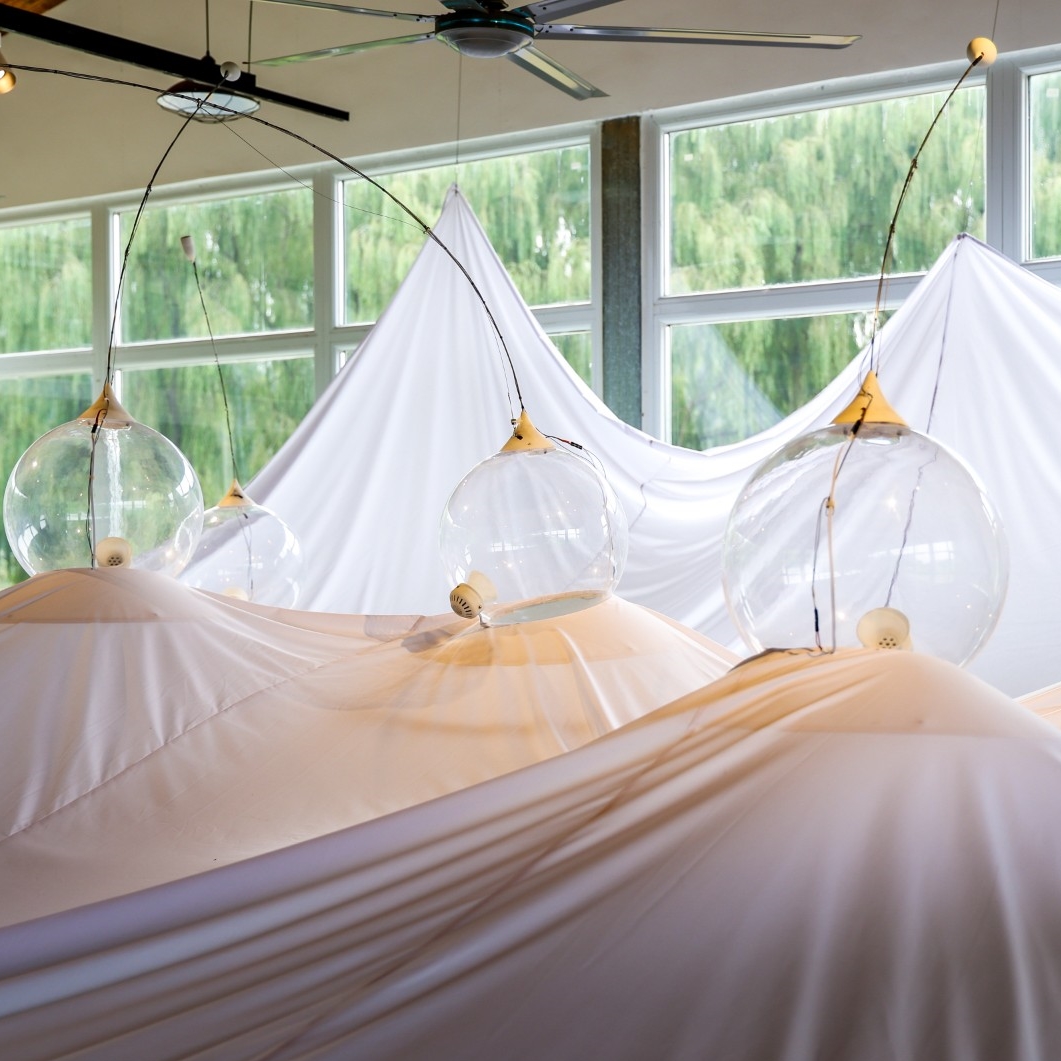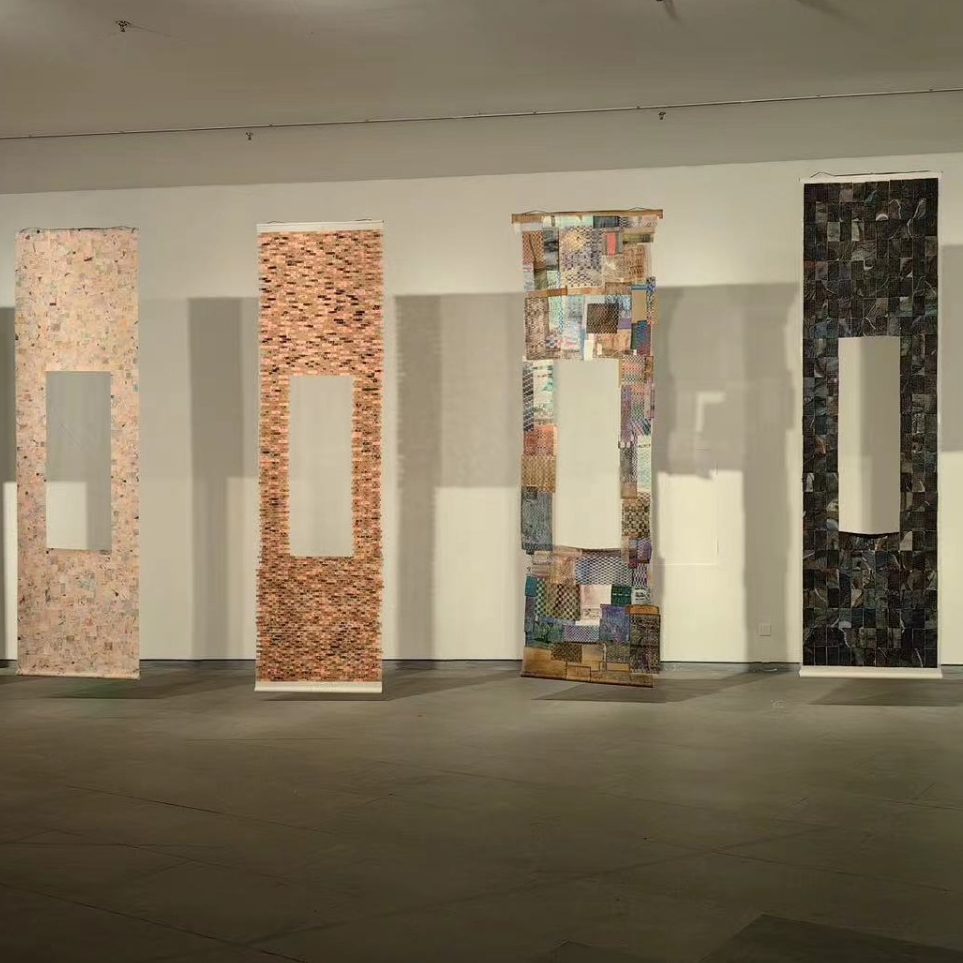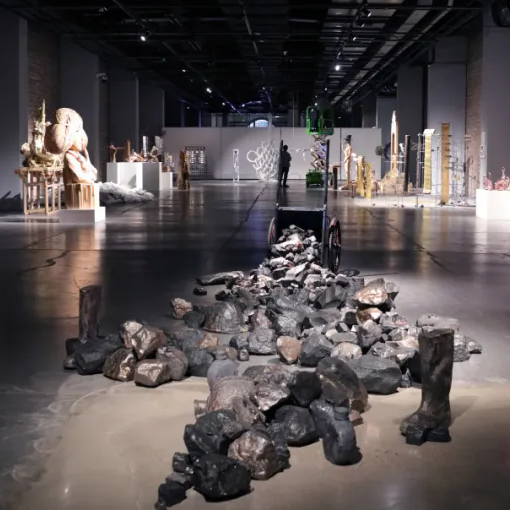
Will things ever get better?—Xiang Jing @ MocaTp, 2013 is the first Chinese female artist’s solo exhibition ever held in the Museum of Contemporary Art, Taipei. After having been exhibited at Today Art Museum in Beijing and MOCA Shanghai, Xiang Jing’s solo exhibition "Will Things Ever Get Better?" is coming to MOCA, Taipei for her last stop of the tour. In addition to its special arrangement of the space, the exhibition in Taipei also includes several representative artworks from her celebrated series of the female body. The new solo exhibition contains some of her best works from the “Naked Series” (2008) to “Will things ever get better?” series (2011), which brings the total number of artworks to 24 pieces. It is the artist’s largest solo exhibition in recent years.
Xiang Jing’s art, through her language of the statuary and body, reveals her questionings of life and art. They are her enlightened thoughts and doubts about the past, present, and future, inspiring the audience to look into their own minds and the issues within. Sometimes macroscopic, sometimes observant towards the world’s vanity and absurdity, she throws out this question to the general public with her penetrating yet sensitive vision: will things ever get better?
Actually, this question does not need an answer. Good or bad is simultaneously objective in baffling appearances as well as subjective due to personal judgment and the self-deceiving human nature. When the artist raises a question, she implicitly intends to interfere with this world. Whoever answers the question exposes his personal situation. As the uncertainty principle in quantum physics dictates, when one thinks that any correct answer is at hand, one could not help but interfering with the masses and positions of the particles. Therefore, the so-called absolute truth is simply a mask of the deity of emptiness.
Xiang Jing’s exhibition at MOCA, Taipei includes her works of the female body, the acrobats, and the animals, which all point to a universal and serious issue: the circumstances of survival. Her works of the female body links both the nudity in reality and the exposure of the inner world. Her depiction of the female subjectivity deals with the truthfulness of the “un-encoded nature,” and refuses to be academically theorized. The series based on the acrobats could be interpreted as the twisted circumstances of the real life; one might say that the real life is a painstaking acrobatic performance. If acrobatics is a kind of imitation, it is the most sorrowful of human life—every performance is a battle with fear. In this performance, breaking the rules means losing normal life, and the afterward glory helps to ?x the imbalanced life. The never-ending, inhuman training never promises perfection. Anxious performers are paired with nervous audience—nobody really feels relaxed in this situation!
The theme of animals presents the natural side of human being. From every angle, these animals seem to situate themselves in a balanced state. Instead of creating tension between the performers and the audience, the series manifests an independent and co-dependent harmony between different species. The animal series embodies a more valuable non-personal perspective. Objectively speaking, the series seems to be done in a realistic, vivid manner. Meanwhile, the spectators becomes the observed, and the positions are exchanged.
For the exhibition at MOCA, Taipei, Xiang Jing specially selects works from her series of the female body, acrobats, and animals. She breaks down the series and puts them into a new combination. Through the arrangement of the space, she turns the exhibition into a theater of human psyche and stresses her insistence on independent thinking in an era of collective consciousness devouring individual identity.
About the exhibition
Will things ever get better?- Xiang Jing @ MocaTp, 2013
Duration: 2013/07/06-09/01
Venue: MOCA Taiepi
Admission: NTD 50
Courtesy of the artist and MOCA Taipei.




























